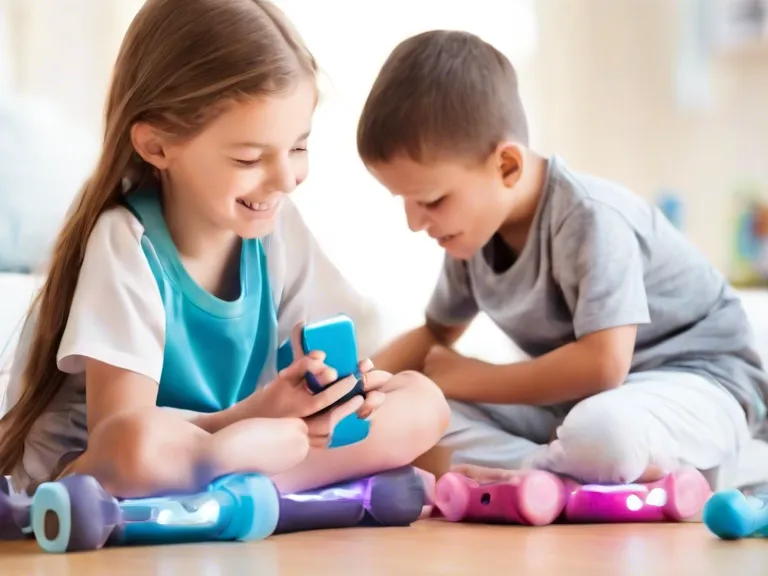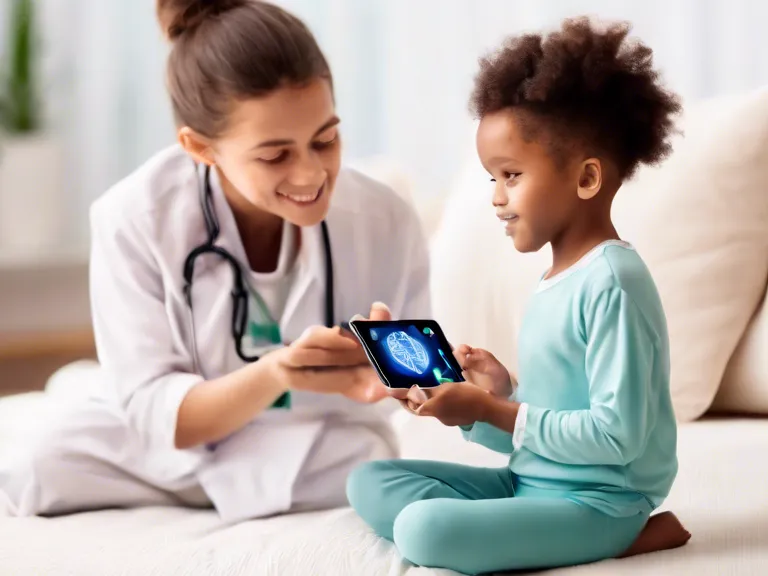
Modern gadgets are revolutionizing pediatric healthcare by offering innovative solutions for children’s wellness. From wearable devices to interactive apps, technology is making it easier for parents and healthcare providers to monitor and improve children's health. These gadget-driven health solutions are helping to address various pediatric health concerns, from chronic conditions to general wellness, in a more efficient and convenient way. Let's explore some of the latest innovations in pediatric healthcare technology and how they are benefiting young patients.
Wearable Health Trackers: Wearable devices such as smartwatches and activity trackers are not just for adults; they are also being used to monitor children's health. These gadgets can track a child's heart rate, sleep patterns, physical activity, and even provide reminders for medication or hydration. Parents and healthcare providers can access real-time data through apps, allowing them to monitor a child's progress and make informed decisions about their health.
Interactive Apps for Wellness: There are a plethora of interactive apps available that are designed to promote pediatric wellness. These apps may include games that encourage physical activity, mindfulness exercises for stress relief, or educational tools for managing chronic conditions like asthma or diabetes. By making health management fun and engaging, these apps are helping children take an active role in their own well-being.
Telemedicine Services: Through telemedicine platforms, parents can now consult with healthcare providers remotely, saving time and avoiding unnecessary trips to the doctor's office. This is especially valuable for parents of children with chronic conditions who require frequent monitoring. Virtual consultations also make it easier for parents to seek timely medical advice and interventions when their child is unwell.
Nutrition and Meal Tracking Apps: Good nutrition is key to a child's overall health and development. Nutrition and meal tracking apps help parents create balanced meal plans, track their child's food intake, and identify potential nutritional deficiencies. These apps can also provide personalized recommendations based on a child's dietary needs and preferences, making it easier for parents to ensure their child is getting the nutrients they need.
Remote Monitoring Devices: For children with chronic conditions such as asthma or diabetes, remote monitoring devices offer a way to track vital signs and symptoms at home. These devices can transmit data to healthcare providers in real-time, allowing for proactive management of the child's condition. This not only gives parents peace of mind but also ensures that their child's health is closely monitored even when they are not in the doctor's office.
In conclusion, gadget-driven health solutions are transforming pediatric healthcare by offering convenient and effective ways to monitor and improve children's health. These innovations are empowering parents and healthcare providers to take a more proactive approach to pediatric wellness, ultimately leading to better outcomes for young patients.


